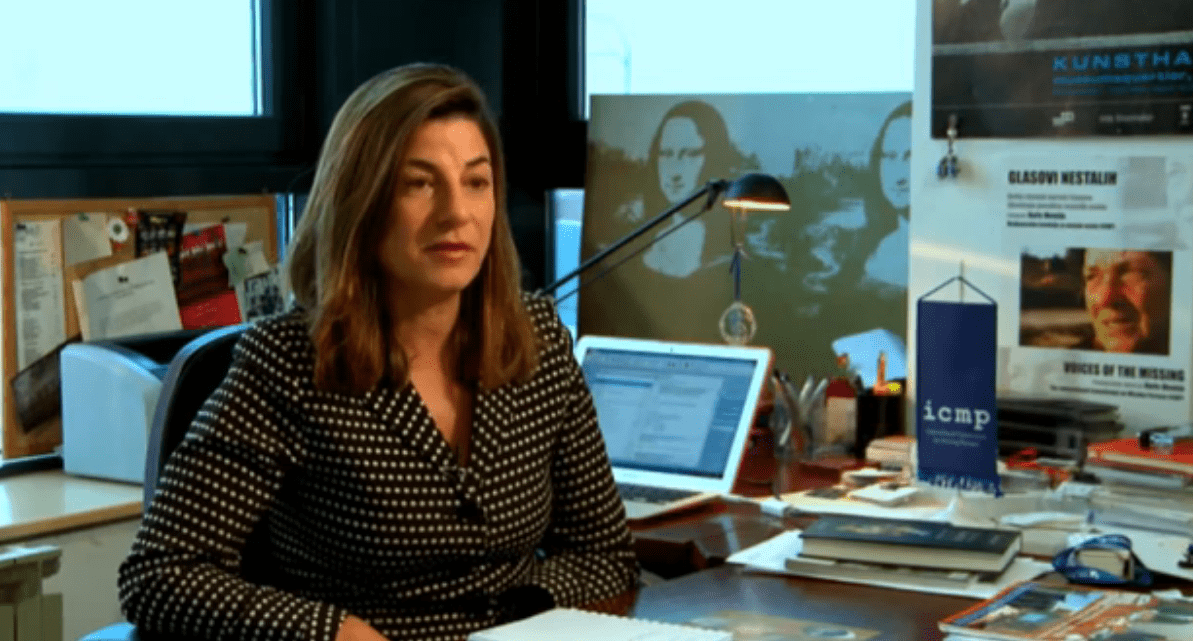This post is also available in: Bosnian
During the AIS meeting held in Sarajevo on Thursday, October 10 the court reporters summarised the conclusions of their visits to local communities in Doboj and Trebinje in September.
Erna Mackic, AIS representative, informed the journalists that, at the meeting held in Trebinje District Court judges and prosecutors showed readiness to co-operate with the media, but they often had to deal with journalists, who did not understand the legal terminology sufficiently.
“The fact that both institutions said that they did not support the anonymisation of court verdicts, even if those were first instance ones, is a very positive thing,” Mackic said.
On the other hand, as agreed at the meeting, the situation is much more difficult for journalists in Doboj, because the Doboj District Prosecution did not have a spokesperson, so many pieces of information from judicial institutions were obtained using “friendly relations”.
Discussing the problems in collaboration with the Court and Prosecution of Bosnia and Herzegovina, the journalists concluded that the problems still existed and that the anonymisation of court decisions was still implemented in practice, which posed limitations on the work of the media.
Selma Ucanbarlic, journalist with the Balkans Investigative Reporting Network, said that the collaboration with the Supreme Court of the Federation of Bosnia and Herzegovina represented a big problem for her, because the Court did not regularly publish its schedule of trials, which made it difficult for journalists to plan their attendance at hearings.
It was agreed that, at the end of the year an AIS meeting would be held and that spokespersons of judicial institutions from the Sarajevo and Eastern Sarajevo areas would be invited to attend in order to discuss the possibilities for improving co-operation.
At the end of the meeting the participants discussed the success of “Stop Censoring War crimes” campaign, which has generated a lot of attention in the media and among citizens.
It was concluded that an event at which the success of the campaign would be discussed should be organised.
The results of the campaign, namely a petition under which Bosnian citizens and associations of victims requested that the anonymisation of court verdicts in war crimes cases be discontinued, will be submitted to the State Court and its Prosecution, High Judicial and Prosecutorial Council, HJPC, Agency for Protection of Personal Data and Ministry of Justice.

